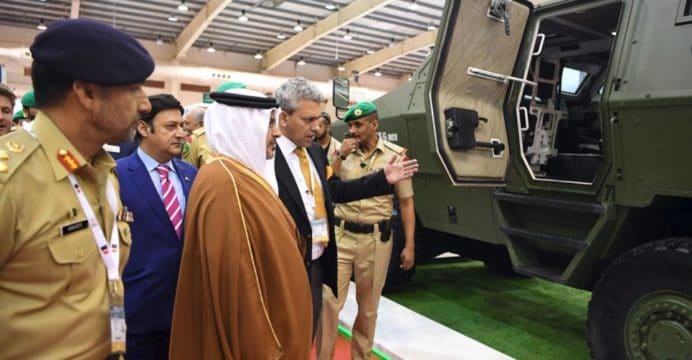TerraN_EmpirE
Tyrant King
It's hard to have any sort of favorable view of a nation who has sworn your death as a nation since 1979. And pretty much celebrates seizing your Embassy and holding its staff hostage as a national holiday.
Kurd fighters in Iraq briefly block roads to Mosul
12 Oct 2017
Kurdish Peshmerga forces blocked roads from the Iraqi Kurdish region to the country's second city Mosul for several hours in response to Iraqi troop movements, a senior Kurdish military official said.
"The two main roads connecting Erbil and Dohuk to Mosul were cut off on Thursday with sand embankments as a precautionary measure after we detected an increase in deployments and movements of Iraqi forces near the front line with the Peshmerga," the official told AFP news agency.
Hours later, the barriers were removed and "the situation returned to normal," he said.
The move came after Kurdish authorities said late on Wednesday they feared Iraqi government forces and allied paramilitary units were preparing to launch an assault on the autonomous northern region.
"We're receiving dangerous messages that the Hashed al-Shaabi [paramilitary forces] and federal police are preparing a major attack from the southwest of Kirkuk and north of Mosul against Kurdistan," the Kurdistan Regional Government's Security Council said.
OPINION: Why is Israel supporting Kurdish secession from Iraq?
The warning came amid escalating tensions between Iraq's Kurds and central authorities in the wake of last month's Kurdish independence referendum.
In the oil-rich region of Kirkuk, which is disputed between the Kurds and Baghdad, a local commander said there were no immediate signs of movement.
"We have seen no unacceptable movement on the part of Iraqi forces," said Wasta Rasul, the commander of Peshmerga forces in southern Kirkuk.
Rasul said the Peshmerga were in meetings with the US-led coalition that has intervened in Syria and Iraq against Islamic State of Iraq and the Levant (ISIL) and that "its aircraft are monitoring the situation carefully".
The coalition has worked with the Peshmerga, as well as pro-government forces, in the battle to remove ISIL from areas it seized in Iraq in mid-2014.
"Some ISIL terrorists have been allowed to enter Kirkuk," Iraq's Prime Minister Haider al-Abadi said on Wednesday. "We ask the Kurdistan region and we ask Kirkuk - which is under the federal authority - to send officials to Kirkuk to get these terrorists and investigate them."
Security sources said Iraq's elite Counter Terrorism Service (CTS) and Rapid Response Force had deployed more troops near Rashad, a village 65km south of Kirkuk, near Peshmerga positions.
READ MORE: Iraqi Kurds overwhelmingly back split from Baghdad
The spokesman for Iraq's Joint Operations Command refused to confirm or deny any preparations for an offensive.
"What I can say is that our forces in Hawija have accomplished their duty and have started to clear the region of explosives and restore the law in order to allow people to go home," said Brigadier-General Yahiya Rassul.
Iraqi forces last week retook control of Hawija, one of ISIL's last enclaves in the country, which is close to Kurdish majority areas.
Baghdad and Erbil have been locked in a standoff since voters in the semi-autonomous Kurdish region overwhelmingly opted two weeks ago for independence in a referendum the central government called illegal.
Iraq has cut the Kurdish region off from the outside world by severing air links, while neighbouring Turkey and Iran have threatened to close their borders and block oil exports.
Turkey will gradually close border gates with northern Iraq in coordination with the central Iraqi government and Iran in response to the independence referendum, Ibrahim Kalin, President Recep Tayyip Erdogan's spokesman, said on Thursday.


